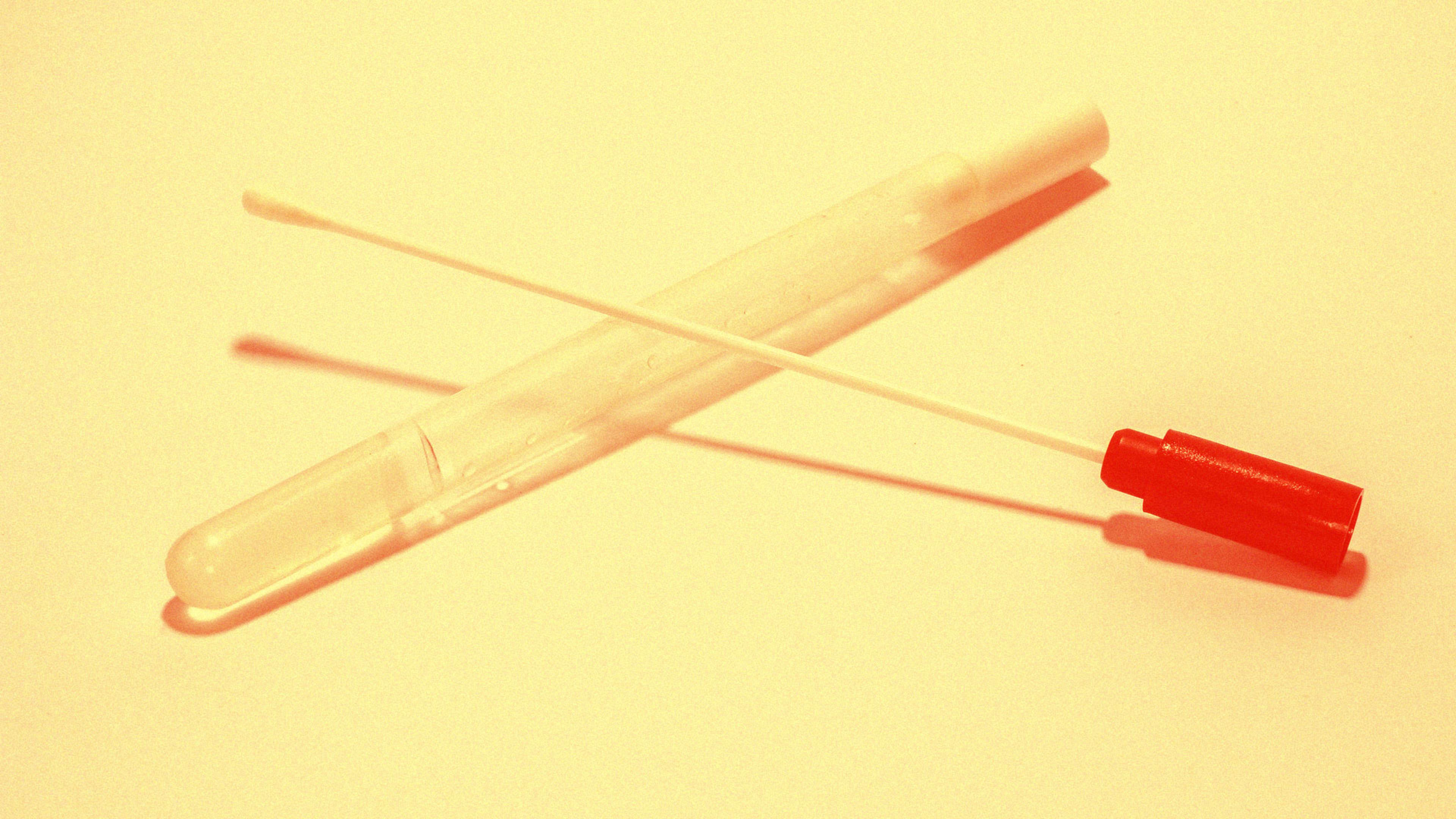Last week, several direct-to-consumer health companies announced they would start selling do-it-yourself, home-based coronavirus tests. But the Food and Drug Administration made it clear that these “fraudulent test kits” were not authorized, forcing home test makers to change their plans.
If you see a coronavirus test for sale that promises to test a nose swab you took at home, don’t buy it. “We want to alert the American public that, at this time, the FDA has not authorized any test that is available to purchase for testing yourself at home for COVID-19,” the FDA announced on Friday.
Everlywell, which sells a variety of home test kits for everything from food sensitivity to hepatitis C, planned to launch a COVID-19 test on Monday, which would allow customers to take their own mucus samples and ship them off to a lab.
“We have decided to prioritize tomorrow’s supply of COVID-19 tests to hospitals and healthcare companies with workers on the front lines only,” Christina Song, head of communications for Everlywell, wrote via email on Sunday.
Everlywell is one of several companies that aimed to sell tests for detecting COVID-19 directly to the public at a time when hospitals are running low on tests for patients who are demonstrably sick. The FDA had previously made it easier for companies to develop commercial coronavirus tests, including those who use labs certified by the Clinical Laboratory Improvement Amendment. Several direct-to-consumer health companies use these labs too—and therefore thought they could disseminate home tests.
Now, the companies, which also include Scanwell Health, Carbon Health, and Nurx, have mostly decided to stop plans to sell at-home tests to the public. Some, such as New York-based startup Radish Health, have decided to halt test sales completely.
“We’re going to stop selling the product for now but will continue to refine the process of home testing, as we believe it is an important part of a response to COVID,” says Radish Health’s CEO and cofounder, Viral Patel. Radish typically operates as an employer based primary care platform and Patel saw an opportunity to administer tests to wider swatch of patients.
Carbon Health began shipping its tests on March 19. Two days later, it stopped. The company’s cofounder and medical director, Caesar Djavaherian, MD, wrote in a blog post that it would no longer sell kits that allowed people to take their own mucus samples for COVID-19 testing. “The FDA supports at-home sample collection, but requires additional data to validate its accuracy,” he wrote. “We remain hopeful that the FDA will approve at-home sample collection as one of the tools to address this pandemic.”
Scanwell says it has submitted its at-home blood test for FDA approval under an Emergency Use Authorization and will only begin selling its test once it has federal go ahead.
It is likely that home testing, or at least the ability to take nose and throat swabs at home, will happen at some point. The FDA is currently determining the most effective method for doing so. The agency may ultimately want to limit who can conduct these tests, particularly as it continues to combat market opportunists who may be selling fake test kits.
“The FDA sees the public health value in expanding the availability of COVID-19 testing through safe and accurate tests that may include home collection, and we are actively working with test developers in this space,” wrote FDA food and drug commissioner Stephen M. Hahn and associate commissioner for regulatory affairs Judith A. McMeekin in a joint statement. “The FDA reminds consumers to follow the U.S. Centers for Disease Control and Prevention’s guidelines and speak to your medical provider if you have symptoms of COVID-19.”
Other companies, such as Wheel, are working on home tests that would be administered by a trained professional.
The forced retreat for direct-to-consumer test companies is a telling moment. Since their emergence, digital health platforms and direct-to-consumer health companies have been fighting to prove their legitimacy within the health ecosystem. Now, the FDA has made it clear they have a ways to go.
*Updated 3/24/2020: This story has been updated with comment from Scanwell Health and Radish Health.
Recognize your brand’s excellence by applying to this year’s Brands That Matter Awards before the early-rate deadline, May 3.
